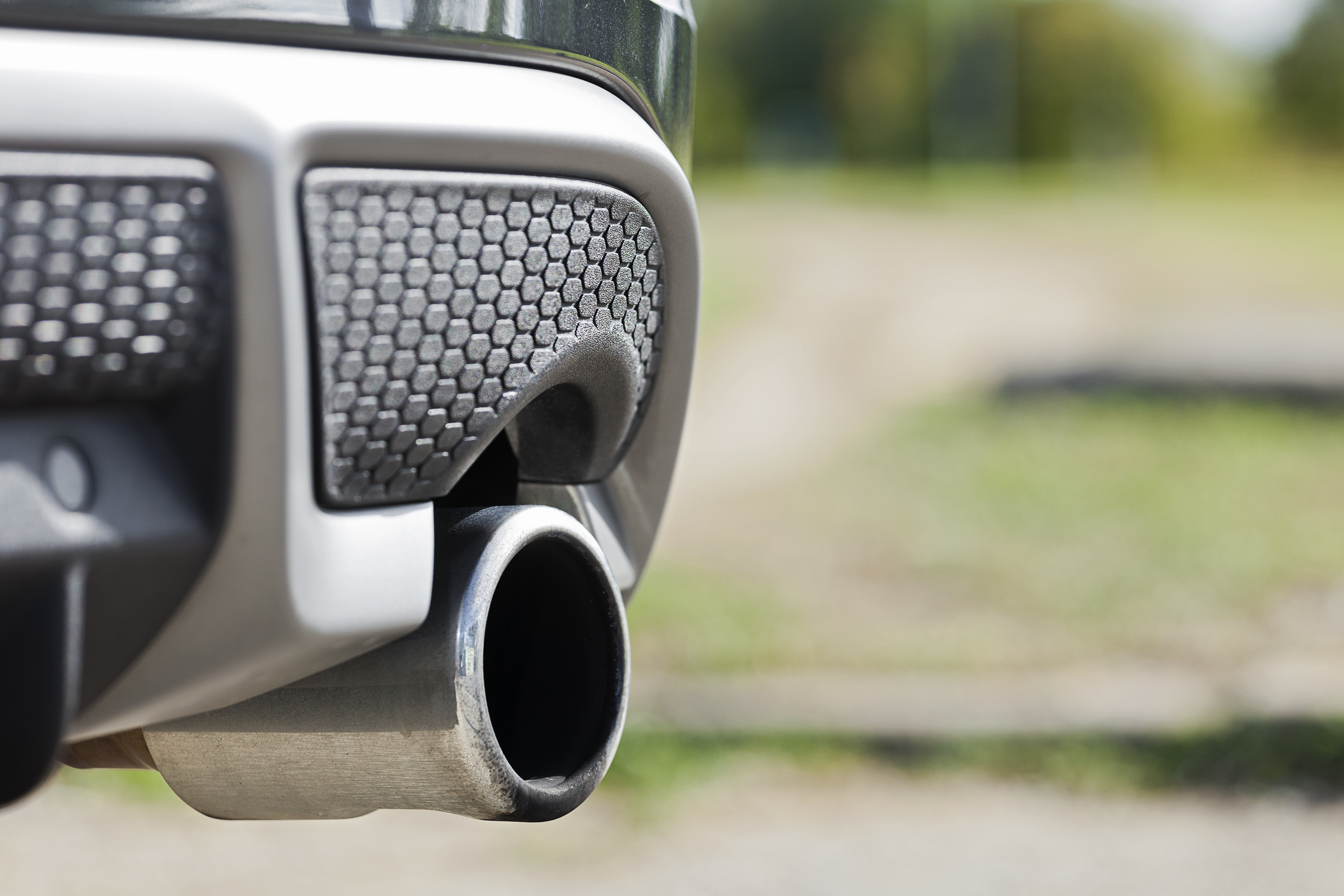Hybrids still to be sold after 2040
Government has said that the newest diesel powered vehicles will be a stepping stone on the the path to zero emissions from cars.
The Road to Zero document says that “cleaner diesel cars and vans can play an important part in reducing CO2 emissions from road transport during the transition to zero emission vehicles whilst meeting ever more stringent air quality standards.”
It says that the new Real-world Driving Emission (RDE) requirements are delivering critical improvements in NOx emissions.
The Transport Secretary Chris Grayling said in a statement to Parliament that by 2030 government wants to see “at least 50%, and as many as 70%, of new car sales being ultra low emission.”
He reiterated proposals from the government’s NO2 plan that the sale of conventional petrol and diesel cars and vans will come by 2040 though that would allow hybrids still to be sold as the expectation is that the majority of new cars and vans will be 100% zero emission, but not all.
Among the policies that will be introduced to achieve the Road to Zero are:
- continuing to offer plug-in car, van, taxi and motorcycle grants at the current rate until at least October 2018 and at some level until at least 2020
- consulting on reforming VED to incentivise van drives to buy the cleanest vehicles
- ensuring that new houses are electric vehicle ready and have chargepoints where possible
- all new street lights should have charge points where on-street parking is available
- continuing the Electric Vehicle Homecharge Scheme until March 2019
Steve Gooding, director of the RAC Foundation, said:
“The government’s stay of execution for diesel cars has been some time coming, but today’s news that ministers sees the newest models as a stepping stone on the route to zero carbon emissions might not be a strong enough endorsement to halt plummeting sales.
“Much will depend on the decisions being made in town and city halls, where there is an increasing mood to restrict access for fossil-fuelled vehicles.
“It’s no surprise that manufacturers are throwing all their creative energies into developing more hybrid and pure electric models. But it’s one thing to design new cars, quite another to source the batteries and crank up production to match the pace of their conventionally-fuelled counterparts.
“It’s important to remember that there are some 32 million cars registered in the UK – nearly thirteen million are diesel. Just 155,000 or so are ultra-low emission. Whether we like it or not, the Road to Zero is going to be a long one.”
ENDS
Contact:
Philip Gomm – Head of External Communications – RAC Foundation
[email protected] | 020 7747 3445 | 07711 776448 | 020 7389 0601 (ISDN)
Notes to editors:
The RAC Foundation is a transport policy and research organisation that explores the economic, mobility, safety and environmental issues relating to roads and their users.
The Foundation publishes independent and authoritative research with which it promotes informed debate and advocates policy in the interest of the responsible motorist.
All the Foundation’s work is available on its website:


